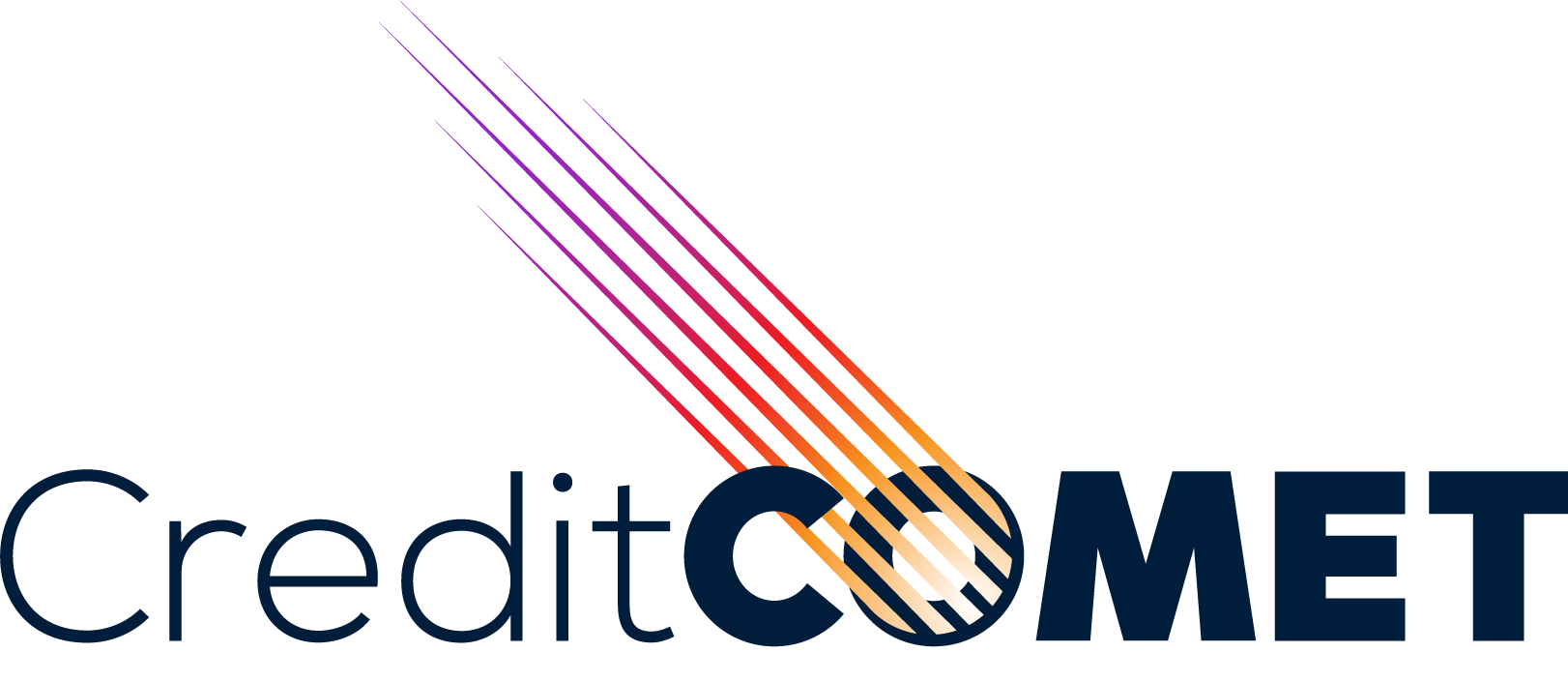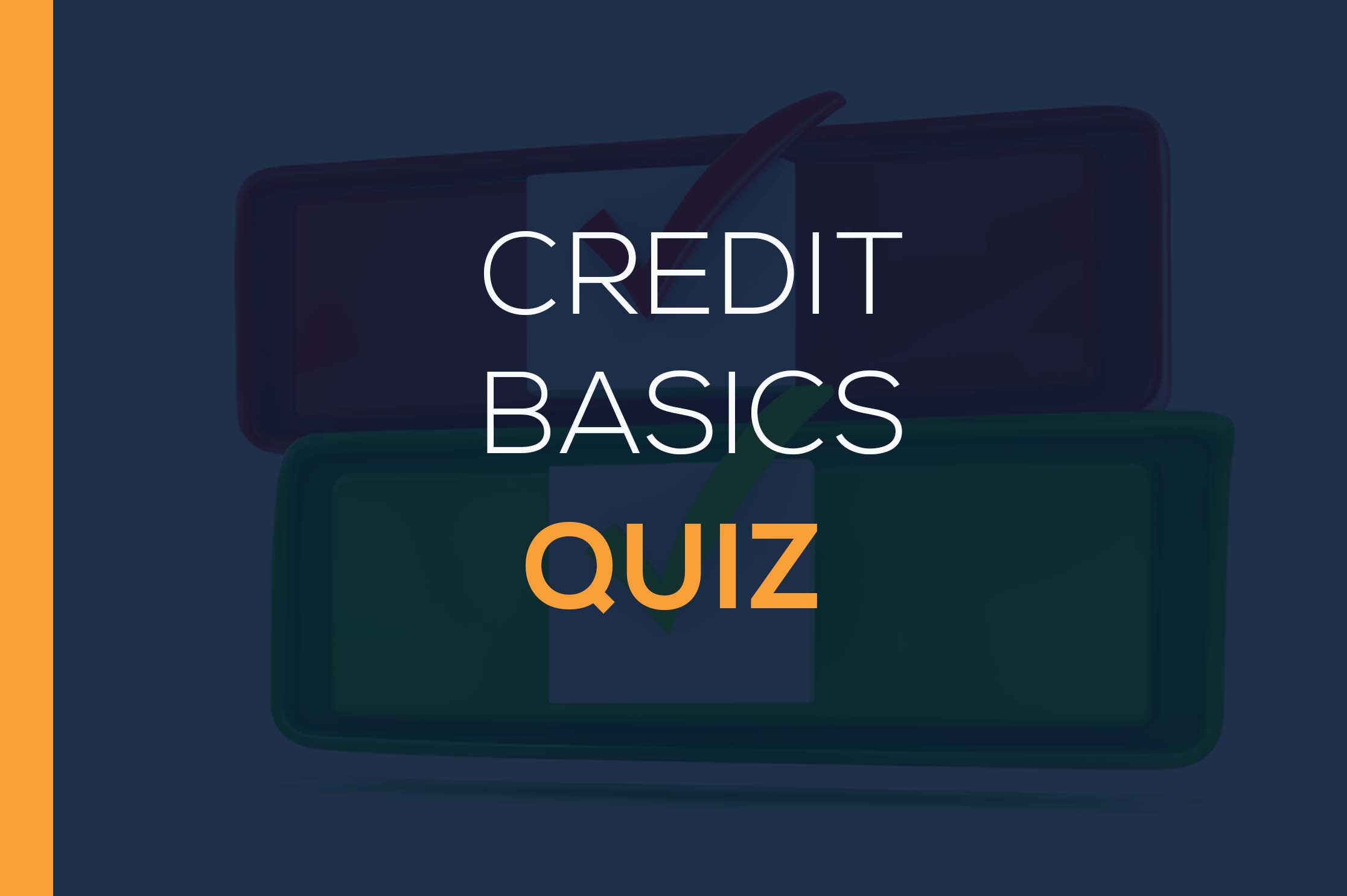Credit Basics
What is a credit score?
- a) A numerical representation of your creditworthiness
- b) The amount of money you owe on your credit card
- c) The interest rate on your mortgage
Which of the following factors can affect your credit score?
- a) Payment history
- b) Length of credit history
- c) Types of credit used
- d) All of the above
Credit Score Ranges
What is considered a good credit score range in the FICO scoring model?
- a) 300-500
- b) 550-650
- c) 700-850
Which of the following is NOT a major credit reporting agency?
- a) Experian
- b) Equifax
- c) TransUnion
- d) Visa
Credit Card Terms
What does APR stand for in relation to credit cards?
- a) Annual Payment Rate
- b) Annual Percentage Rate
- c) Annual Purchase Rate
How often can you typically check your credit report for free?
- a) Once a year
- b) Twice a year
- c) Three times a year
Credit Management
Which of the following actions can negatively impact your credit score?
- a) Paying bills on time
- b) Maxing out credit cards
- c) Keeping credit card balances low
What is the recommended utilization rate for credit cards to maintain a good credit score?
- a) 100%
- b) 50%
- c) 30%
Credit Report Details
How long do negative items like late payments typically stay on your credit report?
- a) 1 year
- b) 5 years
- c) 7 years
What is the purpose of a credit report?
- a) To show your current bank balance
- b) To track your credit card rewards
- c) To provide a summary of your credit history and activity
Credit Concepts
What is the difference between a credit report and a credit score?
- a) A credit report is a detailed record of your credit history, while a credit score is a numerical representation of your creditworthiness.
- b) A credit report contains your personal information, while a credit score does not.
- c) A credit score is updated monthly, while a credit report is updated annually.
Which of the following is NOT a common type of credit?
- a) Mortgage loan
- b) Personal loan
- c) Debit card
- d) Auto loan
Credit Card Details
What is the term for the maximum amount of money you can borrow on a credit card?
- a) Credit limit
- b) Interest rate
- c) Minimum payment
How does closing a credit card account affect your credit score?
- a) It has no effect.
- b) It may improve your credit score.
- c) It may lower your credit score.
Credit Terms and Laws
What is a co-signer?
- a) Someone who borrows money from you
- b) Someone who lends you money
- c) Someone who agrees to pay back a loan if you fail to do so
What is the purpose of a credit utilization ratio?
- a) To determine how much money you have available to borrow
- b) To measure how much of your available credit you’re using
- c) To calculate your annual interest payments
Credit Regulations
What is the Fair Credit Reporting Act (FCRA)?
- a) A law that regulates the collection and use of consumer credit information
- b) A federal agency responsible for issuing credit reports
- c) A guideline for credit card companies to follow regarding interest rates
What is the term for a period during which you can use credit without paying interest?
- a) Grace period
- b) Credit freeze
- c) Credit limit
Credit Score Determinants
Which of the following is NOT a factor in determining your credit score?
- a) Age
- b) Gender
- c) Employment history
What is the first step you should take if you find errors on your credit report?
- a) Contact the credit bureau to dispute the errors
- b) Ignore the errors as they won’t affect your credit score
- c) Pay off any outstanding debts mentioned in the report

